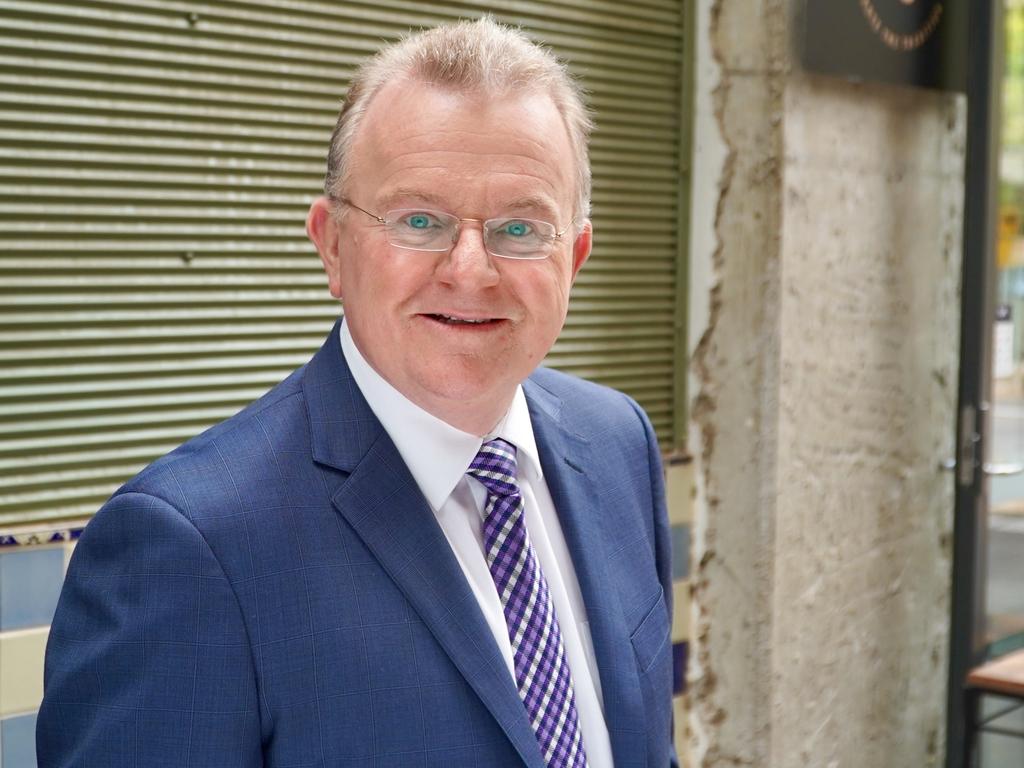Rental relief, energy efficiency programs and slashing red tape ‘needed for small businesses’
Labor must urgently intervene to ensure small businesses survive the cost of living crisis and consider policies that provide relief, the peak small business body says.

Labor must urgently intervene to ensure small businesses survive the cost-of-living crisis and consider policies that provide rental relief, slash red tape and help companies become more energy efficient, the Council of Small Business Organisations Australia says.
COSBOA will tell a parliamentary inquiry into the cost of living on Monday that the next three to six months will be critical and the government must do all it can to reverse trends that show almost half of small businesses are not making a profit.
Figures from the Australian Small Business Ombudsman published this month show that not only were 43 per cent of small businesses not making a profit, but 75 per cent of small business owners were earning less than the average wage.
COSBOA chief executive Luke Achterstraat will tell the inquiry that small businesses are facing “a perfect storm” that would affect their ability to invest and employ people which, in turn, would only increase cost-of-living pressures.
“Cost-of-living pressures are driving a pullback in discretionary spending, while a perfect storm of input costs are eroding profitability,” he will say.
“While many businesses are proving resilient and adapting, there is only so much pressure (they) can take.”
To ensure small businesses did not fall victim to the cost-of-living crisis, COSBOA will put seven recommendations to the committee, including creating an energy efficiency program, government-backed rent relief for businesses experiencing financial hardship and ensuring large businesses pay small business suppliers within two weeks.
The Reserve Bank said this month that Australians should brace for 2023 to be the weakest year for the economy in more than three decades, outside the pandemic, with economic growth downgraded from 1.2 per cent to 0.9 per cent.
While the RBA kept interest rates on hold at 4.1 per cent for the second consecutive month, it said future increases may be necessary to fight inflation. Such a move would follow nine rate rises in the past year.
Mr Achterstraat said more government policies to prop up small businesses would help address the cost-of-living crisis, given they employed more than 5.1 million people.
“Restoring productivity in the economy and bringing down persistently high inflation is only possible with a thriving and dynamic small business sector,” he said. “By backing small business, we cannot only help address the cost-of-living crisis but also improve living standards and create jobs.”
Opposition finance spokeswoman and inquiry chair, Jane Hume, said it was clear the government needed a more serious plan to tackle inflation.






To join the conversation, please log in. Don't have an account? Register
Join the conversation, you are commenting as Logout